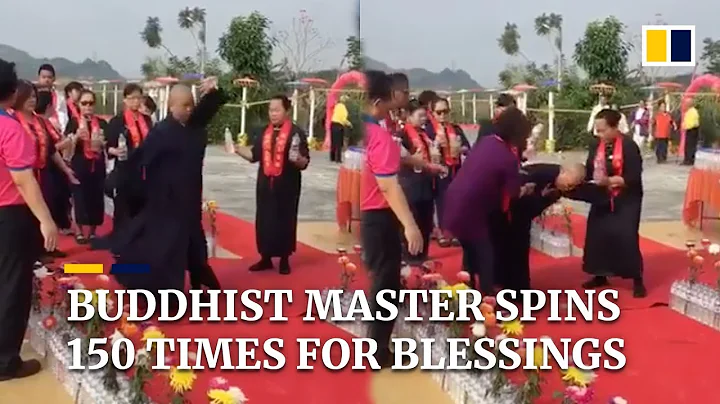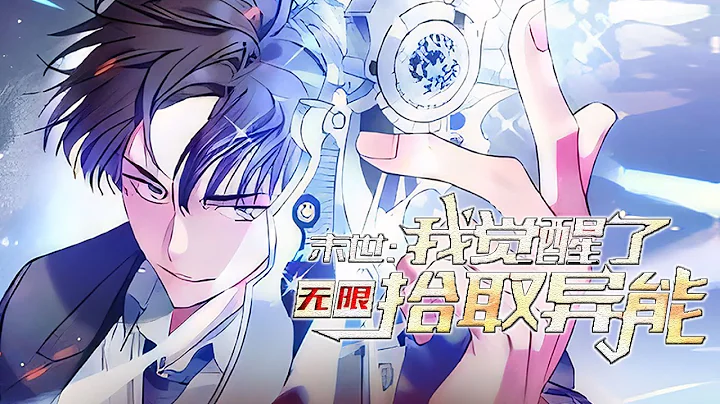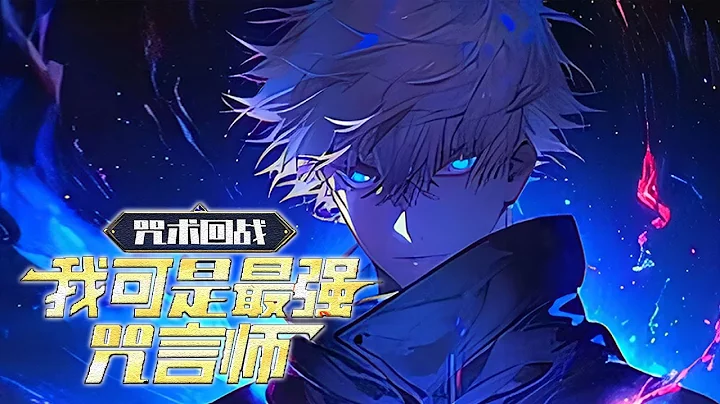
Master Yinguang paid the most attention to cherishing blessings throughout his life. Clothing, food, shelter, etc. are all very simple and crude, and the exquisite is rejected.
—— Master Hongyi "A brief summary of the virtues of Master Yinguang"
Master Hongyi mentioned in "A brief summary of the virtues of Master Yinguang": "In the thirteenth year of the Republic of China (1924), I went to Putuo Mountain I stayed there for seven days, observing all the teacher's actions in the teacher's room every day. The teacher only had a large bowl of porridge for breakfast every day, and he said, "When I first arrived in Putuo, I had pickles for breakfast." Because northerners are not used to it, they have been eating only white porridge for more than 30 years. After eating, lick the bowl with your tongue until it is extremely clean, then pour boiling water into the bowl to wash away the remaining juice, and then rinse it. Take it out of your mouth and swallow it immediately, for fear of discarding the remaining grains of rice... Let’s talk about food and drink, and other things that cherish blessings are also like this.”
Master Hongyi advocates that people live a frugal life. In the Master’s opinion, Whether a person is poor or rich, he should live a simple life. Especially wealthy people are most likely to live a luxurious life, and if a person can still live a frugal life after becoming wealthy, then this person must be a great person.
Master Hongyi was born with fine clothes and fine food. After becoming a monk, he lived a life of coarse food and light tea, abstaining from all luxuries other than the necessities of life. In his view, what people eat, wear, and use are obtained through the labor of others and condensed with the sweat of workers, so they must be cherished.
One winter, Master Hongyi stayed in Shuiyun Cave, Nan'an, Fujian Province. The conditions in the temple were relatively simple. The bed was made of two wooden boards. The waiter Huitian felt very sorry. But he kept saying "very good, very good" with great satisfaction, and said to Huitian: "We monks use things donated by donors. We must be frugal and cherish everything. Where we live, as long as It’s good if it’s airy and clean. As long as it’s usable, it doesn’t matter if it’s exquisite or fancy. It’s the true nature of a monk to eat every day and sleep under a tree.”
He has a monk’s robe with 224 patches. He made it all up himself. The monk's robes were green and gray and in tatters. They were worn when he first became a monk. They were later kept as a souvenir by his friend Mr. Jing Ziyuan , the principal of Zhejiang First Normal School. A pair of monk shoes have been worn for 15 years. On his fiftieth birthday, his student Liu Zhiping counted the holes in his mosquito net. Some were patched with cloth and some were papered. It was already very worn and he wanted to replace it with a new one. He refused, saying that it was still very good and still usable, so there was no need to replace it.
Layman Ye Qingyan recalled in "The Collection of Qianjiang Yinyue" that the master "has been in Fujian for more than ten years, and his four things in life are nothing more than three clothes for the winter, two meals to live, a few rafters, and a rough chair. He loved it all his life. Flowers, often a stem of green cypress and red flowers with several stamens, are placed in a small vase and offered to Buddhists, who will feel full of business and endless solemnity. In addition, even a match is not used lightly, let alone other things."
Master Tan Xin once recalled an incident when talking about Master Hongyi:
In 1941, layman Liu Chuanqiu in Shanghai heard that there was a food shortage in southern Fujian, and he was deeply afraid that Master Hongyi would not be able to complete "Nanshan Law Cong" because he did not have enough food. For the compilation work, I specially donated a thousand yuan as a donation, and asked Master Lianzhou to pass it from Gulangyu to Master Hongyi. Master Hongyi thanked him heartily and said:
"I have never received charity from others since I became a monk. Even the net funds donated by my close friends and disciples are all used for printing Buddhist books, and I take no part of it. I never care about money or accept it. Please give the money back to the benevolent person." Hearing that transportation in Shanghai was cut off and the money could not be sent back, he thought for a while and said, "In this case, the money can be donated to Kaiyuan Temple because of the Pacific War. The source of income has been cut off and there is a food shortage. Please send a letter of thanks directly to Layman Liu from Kaiyuan Temple."His close friend layman Xia Zun previously gave him a pair of American platinum crystal glasses. Because they were very beautiful, he did not wear them. This time they were also given to the resident of Kaiyuan Temple for public auction, and the price was more than 500 yuan, which was used to buy vegetarian food.
Another time, Master Hongyi asked Master Tanxin to instruct the old woman who was washing vegetables. He said to Master Tanxin: "Please help me tell her to use more water to wash the vegetables. Otherwise, the sand in the dishes cannot be washed away, and it would be very hard for the sand to get stuck between my teeth when eating. But she doesn't have to waste too much water. She can use the water once to wash the dishes twice more. At the same time, the water after washing can also be used to water the flowers, so it must not be wasted. "
Once, Master Hongyi was not feeling well, so Master Tanxin offered to help him wash his clothes, but he refused. Master Tanxin advised him: "It doesn't matter, you are not in good health, I will wash it for you. alright. But I don’t wash very well. "He still refused Master Tan Xin's help, but the master said to Master Tan Xin: "We must wash the laundry cleanly. The water used for laundry can be used four times in a row. Get a basin of water and use it to wash your face first. After washing your face, you can also use it to do laundry. After washing, you can use it to mop the floor, and the last basin of water can be used to water the flowers. Therefore, a basin of water can serve four purposes. We monks must be simple and not waste money carelessly. ”
Although our lives are better now, habits like cherishing things will never go out of style. This is not stingy. The resources on the earth are limited. If we use up all the good things in this life, the next generation will Maybe there is no water. Modern people use washing machines to wash clothes, and the water is drained into the sewer when rinsing. In fact, you can use buckets to flush toilets and wipe floors.
No matter how high a person's status or money is, he should live a frugal life. What determines whether a person is noble or vulgar is not the amount of money he has, but his lifestyle choice. To live an ascetic life, Master Hongyi just advises people not to waste and not pursue a luxurious life that exceeds the needs of life.
A person who does not know how to cherish is a person who does not understand what happiness is. They can only live through constant consumption. Only in this way can we feel that we have something to rely on, and our hearts will become increasingly emptier with the flow of material desires. Therefore, we must learn to cherish blessings, minimize unnecessary waste, and reduce our need for desires. Only in this way can we feel the meaning of life more deeply. Happiness.


















![[English] Who Am I - Lecture 1 - Ven. Guan Cheng - DayDayNews](https://i.ytimg.com/vi/KU0fUs2It5o/hq720.jpg?sqp=-oaymwEcCNAFEJQDSFXyq4qpAw4IARUAAIhCGAFwAcABBg==&rs=AOn4CLDFpQUN_QwRfC7bmP4sUadq-RcYdg)
![A Moving Masterpiece 清明上河图 [English narration] - DayDayNews](https://i.ytimg.com/vi/kxff-4GktOI/hqdefault.jpg?sqp=-oaymwEcCOADEI4CSFXyq4qpAw4IARUAAIhCGAFwAcABBg==&rs=AOn4CLBtHGLeUpJNCYDJYnZTuISQ1N5Vag)


